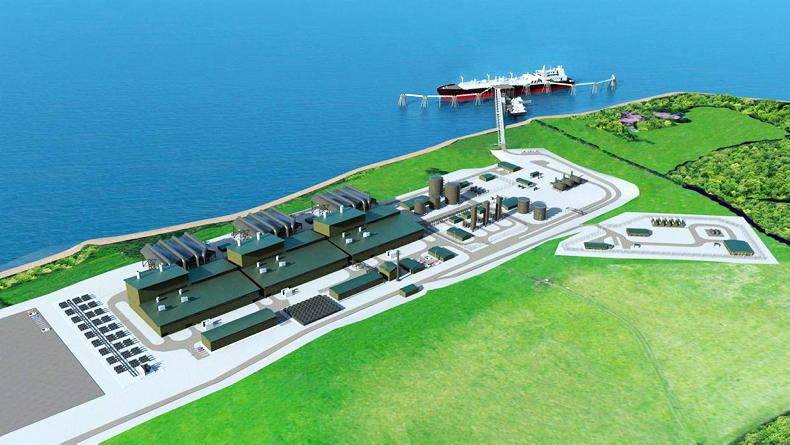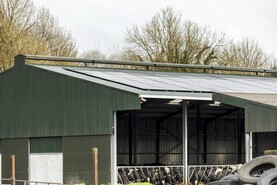Green Party TD Neasa Hourigan has published a bill aiming to ban liquefied natural gas (LNG) infrastructure in Ireland.
The move comes amid intense opposition from the party to the proposed LNG terminal in north Kerry over concerns it would see the importation of fracked natural gas.
Speaking on the move, Hourigan said that “Ireland’s future lies in renewable energy, such as wind and solar power that minimises environmental damage, creates green jobs and provides us with secure and affordable energy”.
Requirements
In 2019, natural gas generated 41% of the country’s total heat requirements.
Currently, there remains few cost-effective alternatives to replace natural gas to generate heat at industrial level, with the exception of biomethane produced from anaerobic digestion (AD) plants. However, the AD sector continues to receive no support from the Government.
Natural gas also remains strategically important for electricity generation in Ireland.
Last year, 42% of the country’s electricity requirements was generated through gas-fired power plants.
Furthermore, over the next three years, nine gas-fired power plants are set to be built as a back-up for intermittent renewable electricity generation.
Natural gas prices have increased substantially in recent months. As Anne Finnegan reports, Dutch gas prices were up 11% in early morning trading on Monday to €80/megawatt hour due to developments in Ukraine.
With the news that Germany will not certify the new Nord Stream 2 gas pipeline from Russia, prices are likely to rise further.
Fracked gas
The United States became Europe’s largest source of LNG in 2021, accounting for 26% of all LNG imported by European Union member countries and the United Kingdom, followed by Qatar with 24%, and Russia with 20%.
Minister for the Environment Eamon Ryan is among those who believe the LNG development should not proceed, as it would lead to the importation of fracked US gas.
Under EU law, the Government cannot ban the importation of fracked gas.
However, as reported in the Irish Farmers Journal earlier this month, under the Renewable Energy Directive II, the Irish Government can mandate gas suppliers to provide guarantees of origin for all fossil fuels, similar to renewable energy.
That would give transparency to purchasers of LNG, putting the onus on suppliers to ensure the gas isn’t from fracked sources. Furthermore, a significant proportion of LNG sources from the US are of non-fracked origin.
Therefore, the continued opposition to the development of the Shannon LNG terminal needs to be called into question.
Once the move away from natural gas is completed in the coming decades, the terminal could be repurposed to store bio-LNG, produced from renewable sources.






 This is a subscriber-only article
This is a subscriber-only article










SHARING OPTIONS: